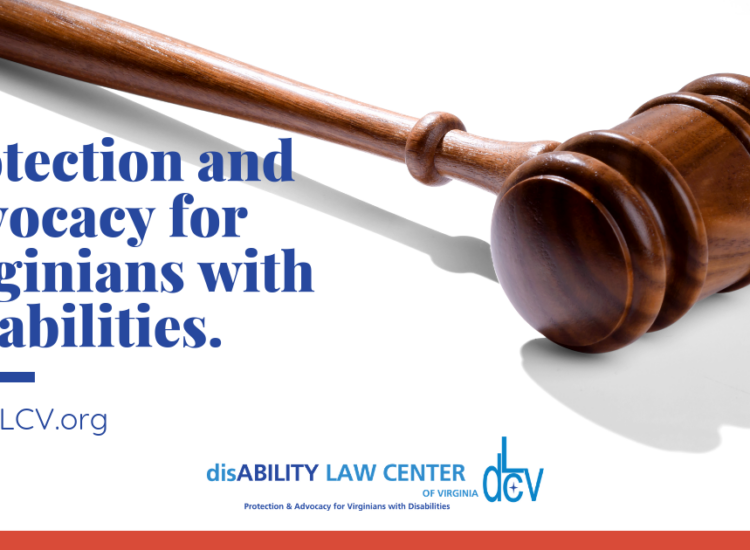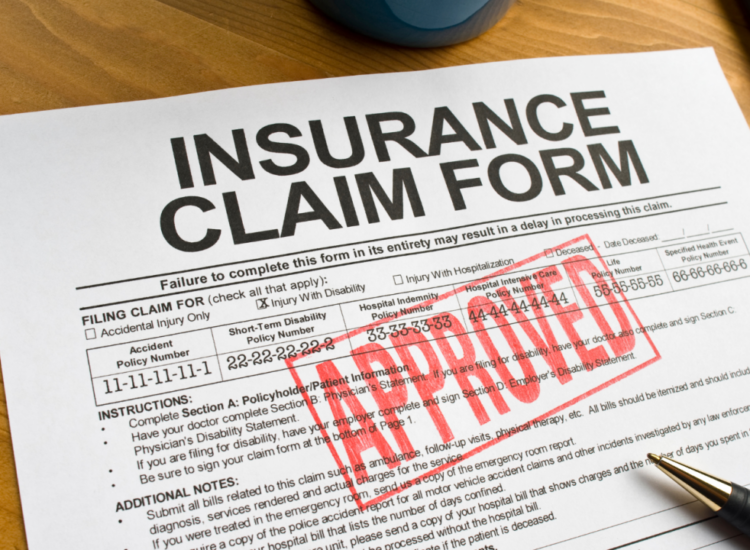Are you struggling with multiple high-interest debts, such as credit cards, personal loans, or medical bills? Refinancing your home equity loan could be the solution you’ve been searching for. In this comprehensive guide, we’ll explore how to use a refinance home equity loan to consolidate your debts, potentially lowering your monthly payments and saving you thousands in interest.
Toc
- 1. Understanding the Benefits of Refinancing a Home Equity Loan
- 2. Assessing Eligibility and Financial Situation for Refinance Home Equity Loan
- 3. Related articles 01:
- 4. Shopping for the Best Refinance Rates and Terms
- 5. The Home Equity Loan Refinancing Process
- 6. Calculating the Break-Even Point
- 7. Potential Pitfalls to Avoid When Refinancing a Home Equity Loan
- 8. Related articles 02:
- 9. Frequently Asked Questions (FAQ)
- 9.1. What are the typical closing costs associated with refinancing a home equity loan?
- 9.2. How long does it typically take to refinance a home equity loan?
- 9.3. What are some common mistakes to avoid when refinancing a home equity loan?
- 9.4. Should I refinance my home equity loan even if I plan to move soon?
- 10. Conclusion
Understanding the Benefits of Refinancing a Home Equity Loan

Refinancing a home equity loan involves replacing your existing loan with a new one, typically with more favorable terms. This can be an effective way to consolidate high-interest debts and streamline your finances. The primary benefits of refinancing a home equity loan include:
Lower Interest Rates
By refinancing, you may be able to secure a lower interest rate compared to your existing debts, saving you money on interest charges over the life of the loan. For example, a homeowner with $20,000 in credit card debt at an average interest rate of 18% could refinance that debt into a home equity loan with a 7% interest rate. This could save them over $10,000 in interest charges over the life of the loan, assuming a 10-year repayment term.
Simplified Payments
Instead of juggling multiple debt payments each month, a refinanced home equity loan allows you to combine them into a single, more manageable monthly payment. This simplification can reduce financial stress and make it easier to budget effectively, especially for individuals with a complex financial situation, such as those with multiple credit cards, student loans, and personal loans.
Improved Credit Score
Paying down high-interest debts can help boost your credit score by improving your credit utilization ratio and payment history. A recent study by Experian found that individuals with a higher credit score, typically above 700, are eligible for lower interest rates on home equity loans. By refinancing and paying down high-interest debt, homeowners can improve their credit score and potentially qualify for even lower rates on future refinances.
Potential for Faster Debt Repayment
The lower monthly payments from a refinanced home equity loan may enable you to pay off your debts more quickly. By reducing the amount of interest you pay, you can allocate more of your monthly payment towards the principal balance, significantly shortening the time it takes to become debt-free and freeing up cash flow for other financial goals.
Access to Additional Funds
If your home has gained value since you purchased it, you may have more equity available than you initially thought, potentially increasing your refinancing options. This can provide you with access to additional funds that can be useful for home improvements, emergencies, or other financial needs, allowing you to leverage your home’s value effectively.
Assessing Eligibility and Financial Situation for Refinance Home Equity Loan
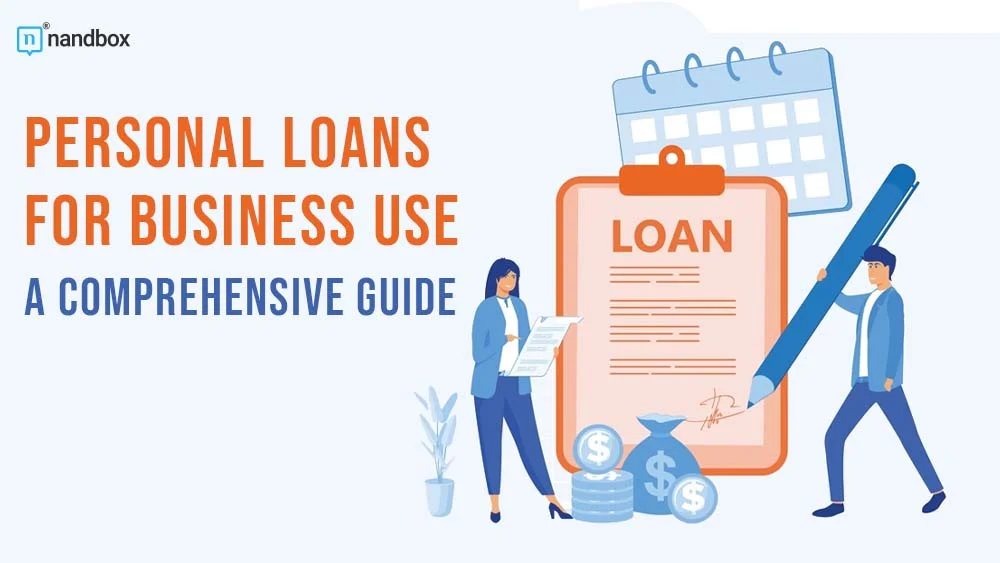
Before you start the refinancing process, it’s essential to evaluate your creditworthiness and financial situation to ensure you qualify for the best possible terms. Key factors lenders consider include:
Credit Score
Lenders typically require a minimum credit score of 620-660 for a home equity loan refinance. For example, a credit score of 740 or higher could qualify you for a home equity loan with an interest rate of 5.5%, while a score of 660 might only qualify you for a rate of 7%. A higher credit score can help you secure a lower interest rate.
Home Equity
You’ll need to have a significant amount of equity built up in your home, typically a minimum of 15-20%, to qualify for a refinance. For instance, if your home is valued at $300,000 and you have a mortgage balance of $150,000, you have $150,000 in equity.
Debt-to-Income Ratio
Lenders will also consider your debt-to-income (DTI) ratio, which compares your monthly debt payments to your gross monthly income. A DTI ratio of 43% or less is generally preferred. Lowering your DTI can improve your chances of qualifying for a better refinance rate.
The Rise of Online Lenders
The home equity loan refinancing market has seen a surge in online lenders offering competitive rates and streamlined application processes. These platforms often provide pre-qualification tools and allow borrowers to compare offers from multiple lenders quickly. This increased competition has helped to drive down interest rates and make refinancing more accessible for homeowners.
1. https://thegioiloaica.com/archive/9454/
2. https://thegioiloaica.com/archive/9457/
Interest Rate Volatility
Interest rates have been fluctuating significantly in recent years due to factors such as inflation and monetary policy. This volatility can make it challenging for homeowners to predict future interest rate trends and determine the best time to refinance. To navigate this uncertainty, it’s crucial to stay informed about current market conditions and consult with financial professionals to make informed decisions.
Shopping for the Best Refinance Rates and Terms

To find the most competitive refinance rates and terms, it’s essential to shop around with multiple lenders. This can be done efficiently by using online lenders, as well as exploring options with your local bank or credit union, or working with a mortgage broker.
When comparing offers, pay attention to the following factors:
- Interest Rates: Compare the interest rates offered by different lenders to find the most favorable rate. However, it’s important to note that the interest rate on a home equity loan may be variable, meaning it can fluctuate over time. If interest rates rise, your monthly payments could increase, potentially negating the initial savings.
- Loan Terms: Consider the length of the loan and how it aligns with your financial goals. A shorter loan term may come with higher monthly payments but can save you money in interest over time.
- Closing Costs: Understand the fees associated with the refinance, such as application fees, appraisal fees, and origination fees. These costs can add up, so be sure to factor them into your overall savings calculation.
- Pre-Qualification: Use pre-qualification tools to get an idea of what you may qualify for without affecting your credit score. This can help you gauge your options before formally applying.
- Customer Service: Research the lender’s reputation and customer service reviews. A lender that is responsive and helpful can make the refinancing process smoother and less stressful.
The Home Equity Loan Refinancing Process

Once you’ve selected the lender with the best offer, the home equity loan refinance process will involve the following steps:
1- Application
You’ll need to provide various documents, such as income verification, credit reports, and a property appraisal. Being organized and having all necessary documentation ready can speed up the application process.
2- Underwriting
The lender will assess your creditworthiness and determine your eligibility for the refinance. This process includes a detailed review of your financial situation, including income, debts, and credit history.
3- Closing
At the closing, you’ll sign the loan documents, and the funds will be used to pay off your existing debts. Ensure you understand all the terms of the new loan before signing, as this is a critical step in the refinancing process. It may also be beneficial to have a lawyer review the documents before signing.
4- Paying Off Existing Debts
Once the loan is closed, your new lender will pay off your existing mortgage and any other debts being consolidated. Going forward, you’ll make monthly payments to your new lender according to the terms of the refinanced loan.
Calculating the Break-Even Point

One important consideration when refinancing a home equity loan is the break-even point — the point at which the savings from the lower interest rate offset the closing costs of the refinance. To calculate the break-even point, follow these steps:
Determine the total closing costs of the refinance
Begin by compiling all the costs associated with refinancing your mortgage. This includes application fees, which are charged by lenders to process your loan request, as well as appraisal fees that cover the cost of evaluating the current market value of your home. Don’t forget to account for other related expenses, such as title insurance, attorney fees, and any points that you might choose to pay to lower your interest rate. Adding all these costs together will give you a clear picture of the total closing costs, which represents your initial outlay for the refinance.
Calculate the monthly savings from the new loan
Next, it’s time to calculate how much you can save each month by refinancing. Start by taking the monthly payment of your new loan and subtracting it from the monthly payment of your current loan. This difference represents your monthly savings. It’s important to consider how these savings can impact your budget and whether they will provide you with the financial relief you seek.
Determine the break-even point
To assess the financial viability of refinancing, you need to calculate the break-even point. Divide the total closing costs you calculated earlier by your monthly savings. The result will indicate the number of months it will take for your savings to equal the closing costs. Understanding this break-even point is crucial, as it will help you evaluate whether refinancing is a prudent financial move, especially in relation to how long you plan to remain in your home. If you expect to stay in your home beyond this break-even timeframe, refinancing could be a smart investment for your financial future.
Potential Pitfalls to Avoid When Refinancing a Home Equity Loan
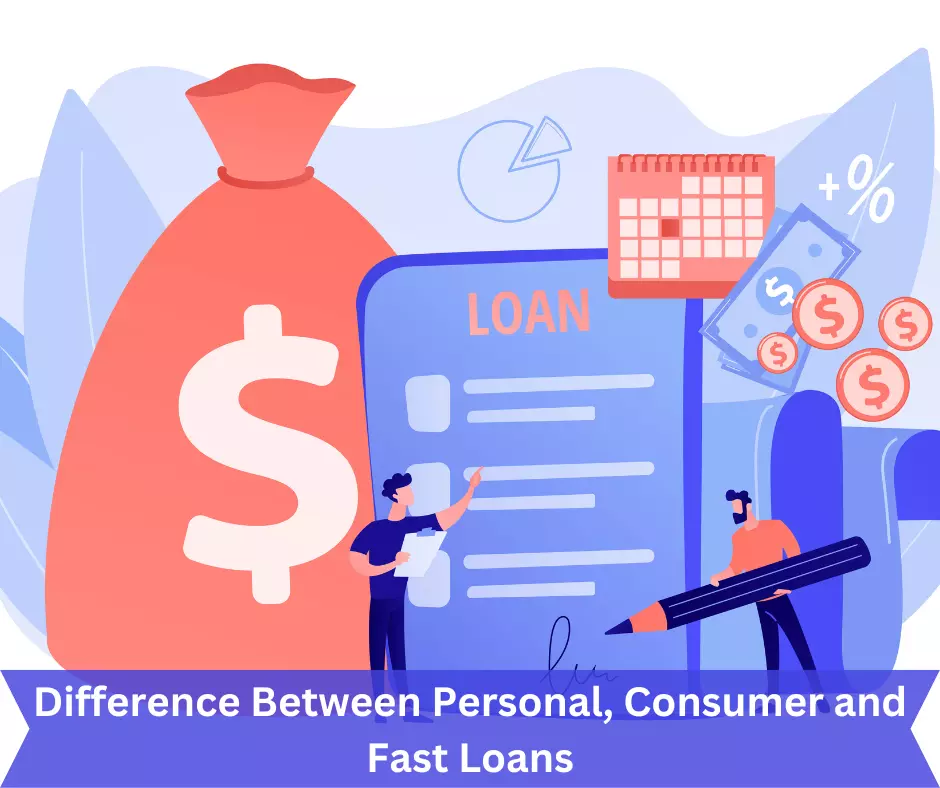
1. https://thegioiloaica.com/archive/9454/
2. https://thegioiloaica.com/archive/9455/
While refinancing a home equity loan can be a smart financial move, it’s crucial to be aware of potential pitfalls that could undermine your financial goals. Here are some key considerations to keep in mind:
1- Extending the Loan Term
Be cautious about extending the loan term when refinancing. While a longer term can reduce your monthly payments, it often results in higher overall interest costs spread out over the life of the loan. This means you could end up paying significantly more in interest over time than if you stick with a shorter loan term. Carefully weigh the immediate relief of lower payments against the long-term financial impact.
2- Borrowing More Than Needed
It’s essential to resist the temptation to borrow more than you actually need when refinancing. Although it might be appealing to access extra funds for various purposes—such as home improvements, debt consolidation, or other expenses—taking out additional money can increase your total debt burden. This could negate the financial benefits you hoped to gain from refinancing and may lead to financial strain in the future.
3- Ignoring Closing Costs
Remember that refinancing typically involves closing costs, which can vary significantly based on your lender and the specifics of your loan. These costs may include appraisal fees, title insurance, and other charges. It’s important to factor these expenses into your decision-making process. To determine whether refinancing is truly beneficial, calculate whether the savings from a lower interest rate outweigh these upfront costs. Sometimes, the costs can diminish the savings you gain from refinancing.
4- Overlooking Tax Implications
Before you finalize your refinancing, consult with a tax professional to understand how the refinance may impact your tax situation. While the interest on a home equity loan can be tax-deductible, there are specific limitations and conditions that you should be aware of. For instance, the deductibility may vary based on how the funds are used, and understanding this could help you maximize your tax benefits.
5- Not Considering Future Financial Needs
It’s vital to consider your future financial needs and goals before committing to a refinance. If you anticipate needing access to cash for emergencies, significant expenses, or investment opportunities, ensure that refinancing won’t limit your financial flexibility. Properly assessing your long-term financial plans can help you make a more informed decision that aligns with your overall financial strategy.
By being mindful of these potential pitfalls, you can make a more informed decision about refinancing your home equity loan and ensure that it aligns with your financial goals.
Frequently Asked Questions (FAQ)
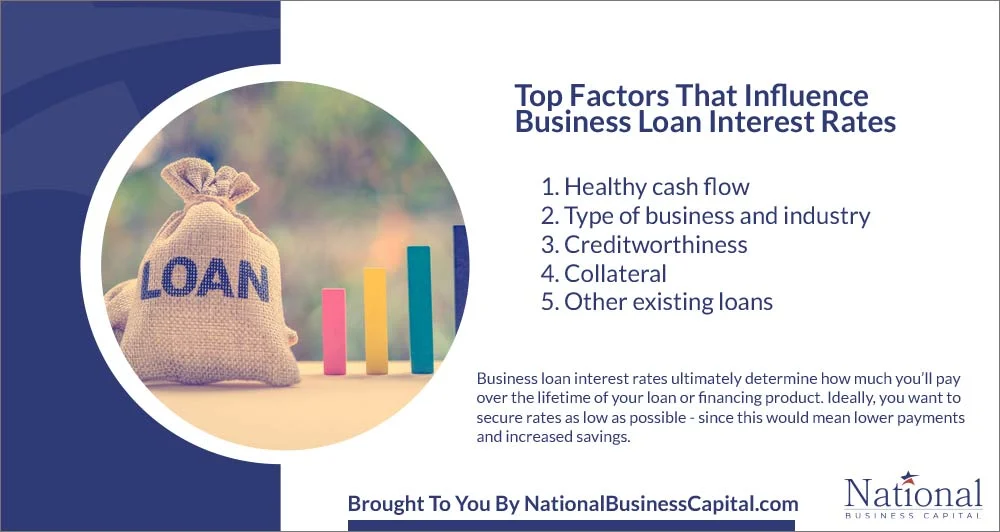
What are the typical closing costs associated with refinancing a home equity loan?
Closing costs can vary depending on the lender and the specific loan terms. However, they typically include application fees, appraisal fees, origination fees, and other miscellaneous expenses.
How long does it typically take to refinance a home equity loan?
The refinancing process can take anywhere from 30 to 60 days, depending on the lender and your individual circumstances. Being organized and responsive during the application process can help expedite this timeline.
What are some common mistakes to avoid when refinancing a home equity loan?
Common mistakes include extending the loan term without careful consideration, borrowing more than needed, overlooking the impact of closing costs, and failing to consider the potential impact on your credit score and tax situation.
Should I refinance my home equity loan even if I plan to move soon?
If you plan to move soon, refinancing may not be the best option. The closing costs associated with refinancing may outweigh the savings from a lower interest rate if you don’t plan to stay in your home long enough to recoup those costs.
Conclusion
Refinancing your home equity loan can be a smart strategy for consolidating high-interest debts and improving your overall financial health. By carefully evaluating your financial situation, shopping around for the best rates and terms, and understanding the refinancing process, you can make an informed decision that aligns with your long-term financial goals. If you’re ready to explore your home equity loan refinance options, consult with a reputable lender or mortgage broker to discuss your specific needs and find the best solution for your situation. Taking these steps can lead you to a more stable financial future, allowing you to enjoy the benefits of reduced debt and improved cash flow.


